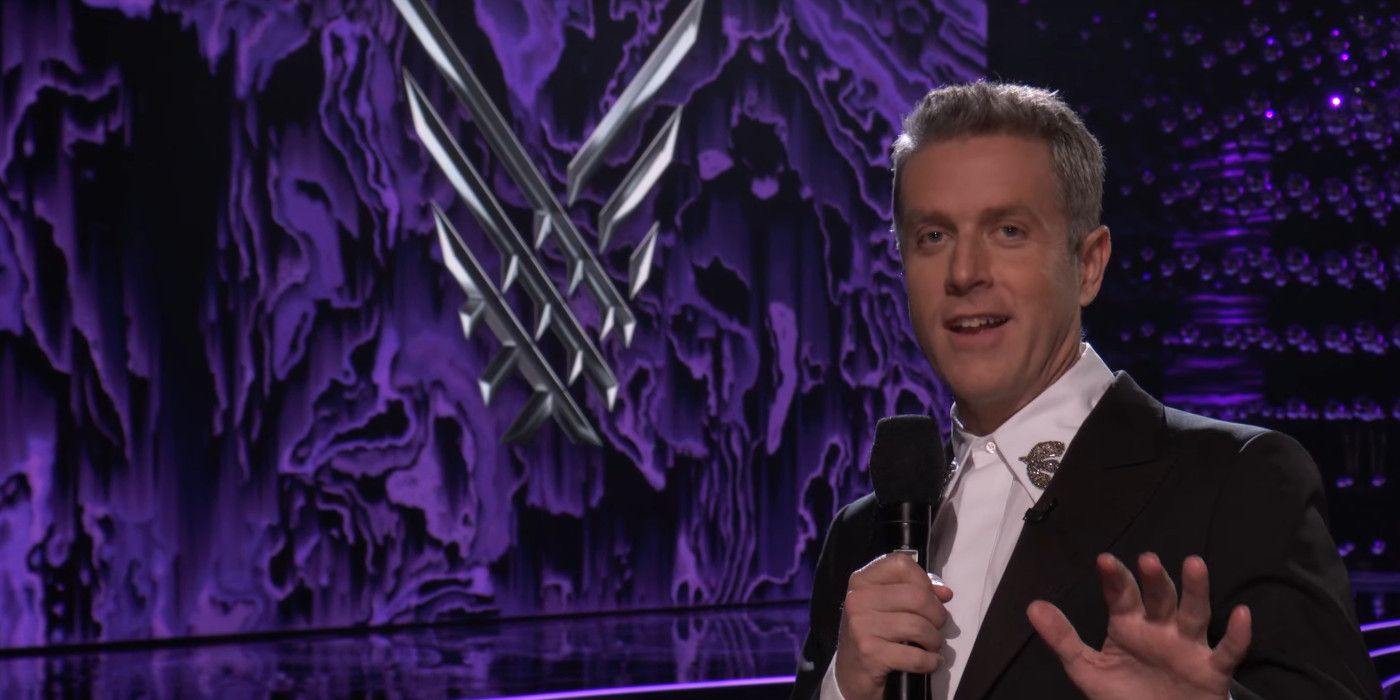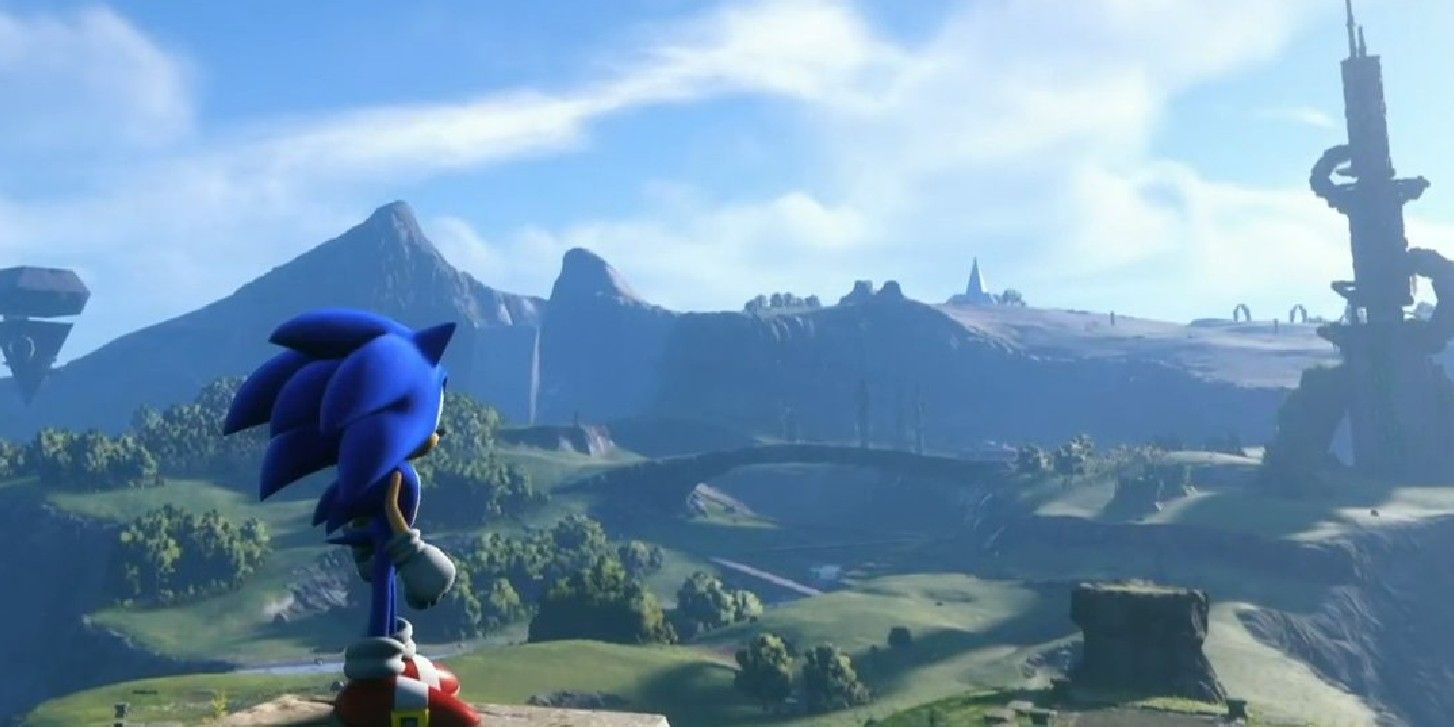The Game Awards 2021 were a celebration of the industry, no doubt. There were multiple appearances by industry greats like Reggie Fils-Aime as well as music performances from Imagine Dragons and Sting representing gaming’s integration into traditional multimedia. However, when it came to the number of trailers and advertisements, some viewers were overwhelmed. Moreover, the show seemed like it wanted more than ever to celebrate the future of games rather than the present.
From its start in 2014, The Game Awards has integrated sponsors and new releases into its show, but it’s always strange to watch an awards show that focuses more on trailers than awards. Deathloop, Metroid Dread, It Takes Two, and many more took a backseat to the exciting upcoming gaming year of 2022. The show's first purpose may be to promote gaming’s brand, but it does so at the expense of the awards themselves.
One important aspect of a director, writer, or designer earning an award is that it makes people trust their unique skill and creativity, allowing them to showcase their talents to a wider audience and have more freedom in future projects. There were moments in the show that captured the spirit of individual and group achievement, but they were few and far between, separated by trailers advertising other experiences. In hindsight, The Game Awards 2021 was an awards show second and a marketing campaign first and foremost.
Game & Film Trailers At The Game Awards 2021 Overshadowed The Awards
The integration of sizzle reels is probably the most confusing aspect of this year’s Game Awards show. While it didn’t have traditional commercial breaks, next-generation game trailers like Hellblade 2: Senua’s Saga were followed by quick mixes of indie games that didn’t get much attention or scripted commercials with Lil Dicky advertising the Xbox PC Game Pass. These small trailers feel more at home in a trade show like E3 or an online livestream like Nintendo’s Directs or Sony’s State of Play videos. Their purpose is often to remind people of upcoming projects and aren’t the eye-catching announcements that could accompany an awards show.
When the art director for Deathloop felt honored that Guillermo Del Toro presented him the award or when It Takes Two director Joseph Fares won GOTY and referenced his (in)famous Oscars denouncement from 2017, The Game Awards 2021 felt like it lived up to its name. It reflected on the achievements of creative individuals and acknowledged the passion these developers have for their projects. But many of the categories were sidelined and read quickly while Rumbleverse and Sonic The Hedgehog 2 got full previews.
Many awards shows are marketing tactics. One of the well-known examples is the Oscars - the Academy Awards were created in 1927, a moment when film was struggling with an image problem that its initial members wished to change. Even now, the integration of commercials into televised shows does make the proceedings feel like an attempt to get people to care about films and fund future productions. All these shows want to prove their industry’s worth, and The Game Awards used trailers and game premieres to do so.
The Game Awards might be the first industry event that truly embraces this dichotomy between marketing and artistry. It does have a brashness to its presentation of these trailers and moves at a quick pace from award to game premiere. It knows there’s a push and pull between a game’s sales and its team creating a fully-realized vision. It doesn’t need to completely change its formula to get rid of advertisements or trailers, but in order to be an awards show, it needs to jettison some of that for pieces that focus more on what's special and memorable about the current year's best gaming experiences.


